What is Vipassana?
Vipassana which means to see things as they are, is one of the most ancient techniques of meditation. It was rediscovered by Gautam Buddha more than 2500 years ago, since the time of Buddha, Vipassana has been handed down, to the present day, by an unbroken chain of teachers. Although by decent, the current teacher in this chain is Mr. Satya Narayan Goenka, was born and raised in Burma (Myanmar). Vipassana roughly translated as ‘insight’ meditation, is known to be the oldest of Buddhist Meditation practice. Vipassana is intended to be non-religious and non-dogmatic, meaning that its views aren’t supposed to conflict with any other religious beliefs. It is the process of self-purification by self-observation. Vipassana is different from mindfulness meditation, which focuses on awareness or to transcendental meditation, which uses mantra. Instead it dictates a blank command of non- reaction. Simply, it is the choice-less, effortless observation of things as they really are.
How to practice Vipassana?
Vipassana center are Spreaded all over the world including Nepal, The technique is taught at ten-day courses in vipassana center, During this period the participants should follow a prescribed code of discipline by committing themselves to a code of ethical conduct (Sila). For 10 days the participants remain with the course site, cutting all the contact with outside world, they refrain from reading and writing, suspended any religious activities. For the period of the course the participants should agree to abstain from killing, sexual activities, stealing, harmful speech and use of intoxicants. The most important thing is the participants should maintain novel silence (Arya maun) in whole 10 days course but are free to discuss difficulties or questions with teacher or management. The first three days focus was on awareness of breath which also called Anapana, awareness of incoming and outgoing breath. Students practice focusing their attention on the flow of the natural, normal breath with the area of the nostrils and upper lips. After the first three days of focusing on breath student developed concentration and penetrating self-analysis.
On the fourth day, we were Introduce to vipassana. Instead of focusing on one spot, we are instructed to move our attention systematically from head to feet and feet to head. Observing whatever sensation occur in each part of our body, pleasant or unpleasant. Every sensation is to be observed and accepted dispassionately, with the silent experimental understanding that these sensations are changing phenomenon with their impermanent nature. There is sensation throughout the body, we feel those sensation but not to react on them. No craving, no suppression just observation. Observe objectively, mere observation, bare observation, observation of the reality as it is. Just observing and not reacting. We are instructed to refocus attention on the objective sensation in our body, a rising and falling as we are scanning our limbs in specific order. We sit around all day long and learn to sharpen our awareness of what actually going on inside our body at the level of sensation.
Why Vipassana in bureaucracy?
There is no doubt that Vipassana meditation is important to each individual or even in every profession but here I choose bureaucracy because it is the executive body of government, having power to put plans or action into effect. Among the three organs of government it is the most important and powerful organ which implement the laws and policies of government, Which also called stable government. It is said that if executive is better in any country then the whole system of government will improved and function as per the spirit of public. civil servant required to have empathy, responsiveness, compassion, tolerance and other foundational values in order to balance the demand and supply of the service to the citizen. And these interior values are easy applied when civil servant are aspiring towards spiritual path. In order to maintain good reputation and increase effectiveness of whole bureaucracy, vipassana meditation is one of the most important tools in mine view. Vipassana help to develop the strength of mind to abstain from all the corrupt practice. Vipassana help individuals understand the negative impact of an uncontrolled mind. At the same time, it gives a technique to control the mind and make oneself internally pure from negativities. It helps to keep equilibrium of mind even in the face of adverse condition.
Regular practice of vipassana helps to reduce anger, intolerance and irritation which in turns, increased the work efficiency. It also resulted significant reduction of ill will, hatred, egoism, anger, animosity which helped to maintain good relations among all the staffs in offices. it influences satisfaction level of employee since spirit in the workplace encourages each individual to bring their whole self to both work and home, It increases the satisfaction level in both areas. If employee feel greater sense of connection to their work, they are more motivated to produce good work, which in turn increase the overall productivity of an organization which result the betterment of the government system.
Vipassana can be done at our desk without anyone even noticing. It can be quick moments throughout the day that bring us back to our spirituality and allow us to focus better at work. Being mindful of ourselves is one of the most valuable things we can do to bring our spirituality to work with us each day. If we are fully aware of our action and words, we will make decisions align with our values. Spirituality, in the work place leads to improve ethical behaviour at a personal level and enhance ethical culture at an organizational level. Where spirituality is absent, there is lack of understanding that we are deeply connected that is why Vipassana is most necessary in bureaucracy.
My experience of Vipassana
Before I practice Vipassana I was quite reactive person, quickly react in anger as well as in happiness, after that course I got to know that each and everything happen today is impermanent. Either happiness or sorrow it have its impermanent nature then why should have over reaction on those things which doesn’t exist for long time? I realized it through the sensation in mine body level, not theoretically but practically. Keep calm during agitating situation, not to get attached to any situation or emotions, let them go freely. In the strangled silence my brain had lost perspective. Often, anger or fears are reaction to a reality we have created in our own mind.
A reflection of the stories that we tell ourselves. We take sensory input as objective, but what we see, hear and feel is not objective. It is colored by what we have known and the grudges we hold without even realizing them.
There is no perfect and there is no objective measure of what right can be. Vipassana course reminded me that if you have a value system that thrives on making decisions with integrity, for the right reasons, doing your best is enough.

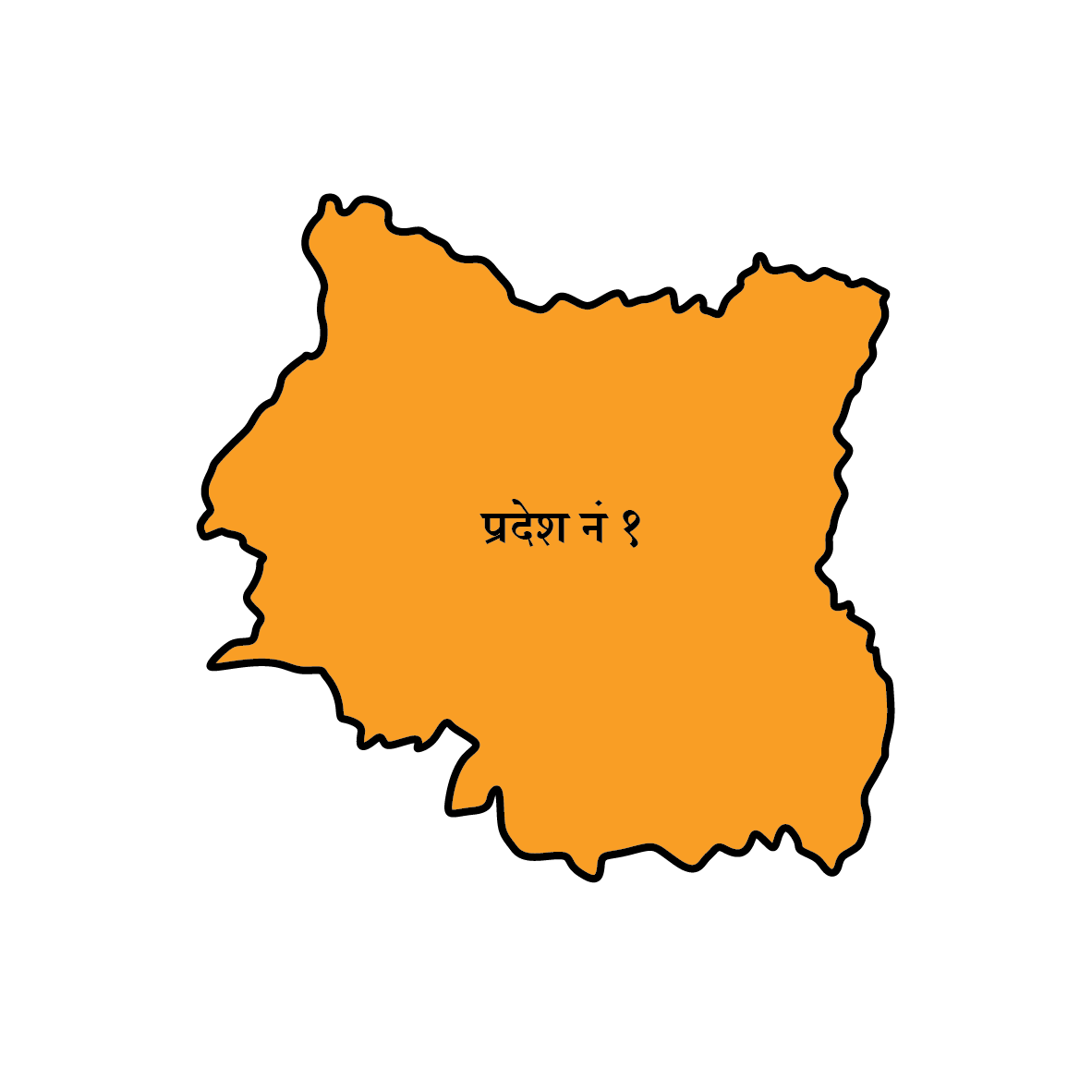 कोशी प्रदेश
कोशी प्रदेश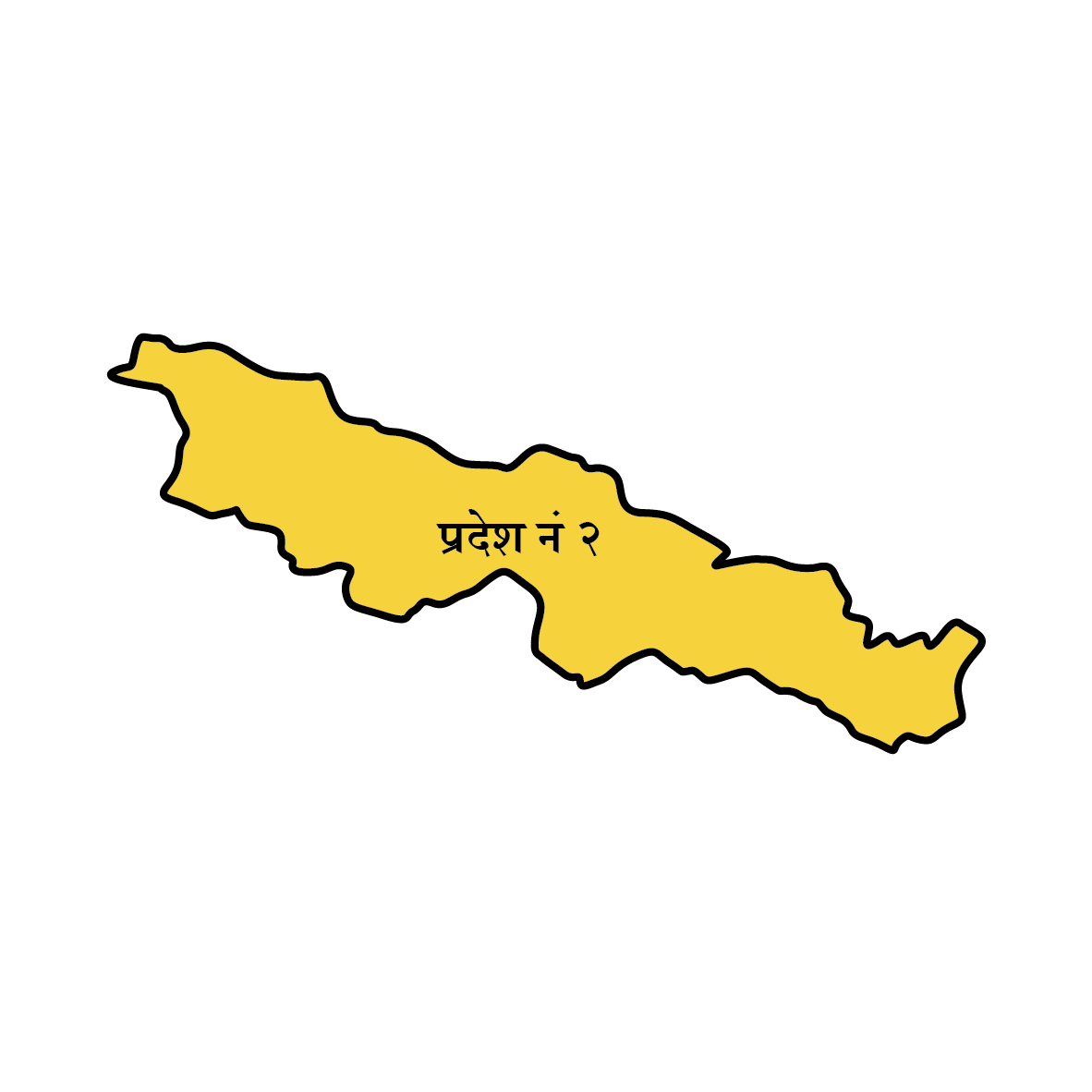 मधेश प्रदेश
मधेश प्रदेश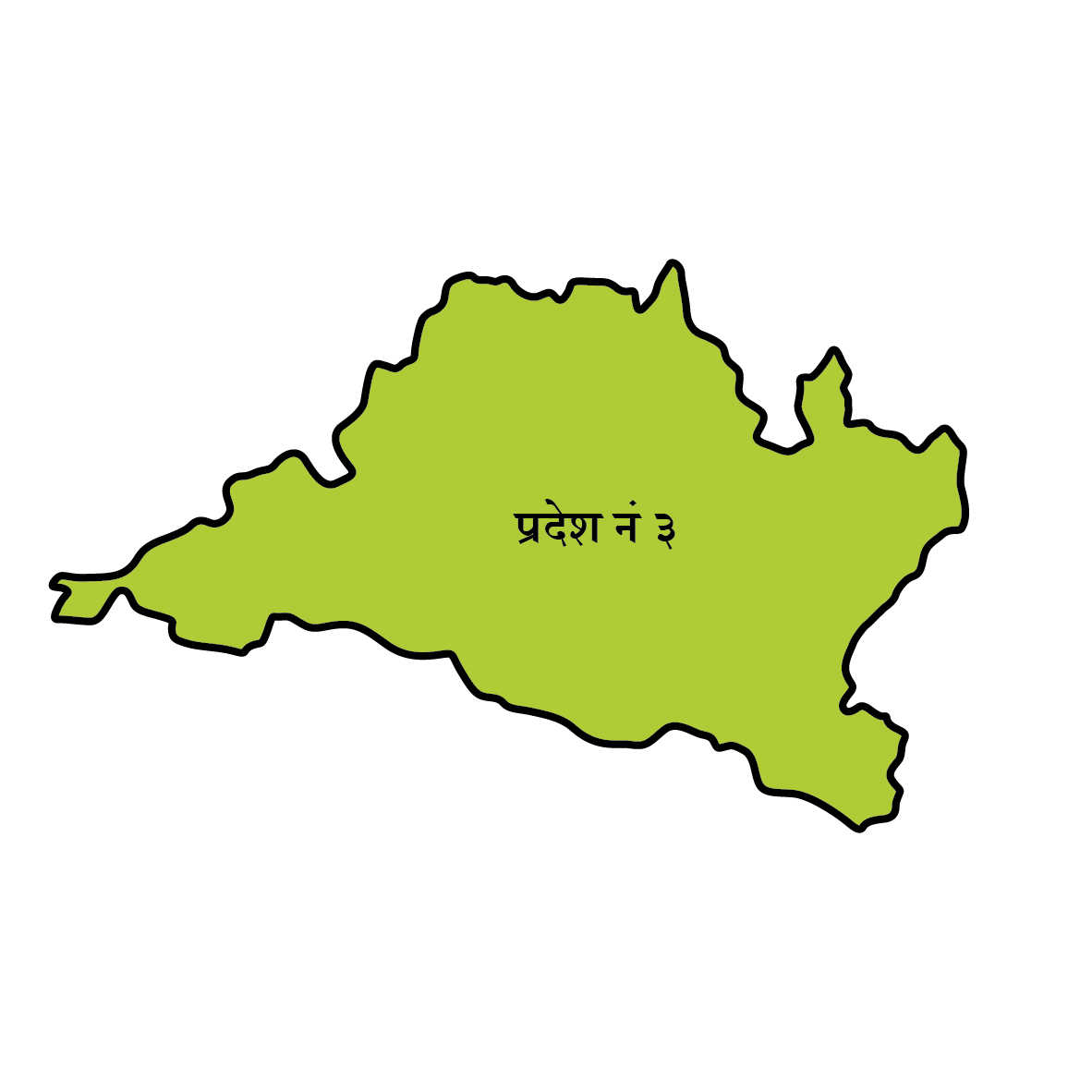 बागमती
बागमती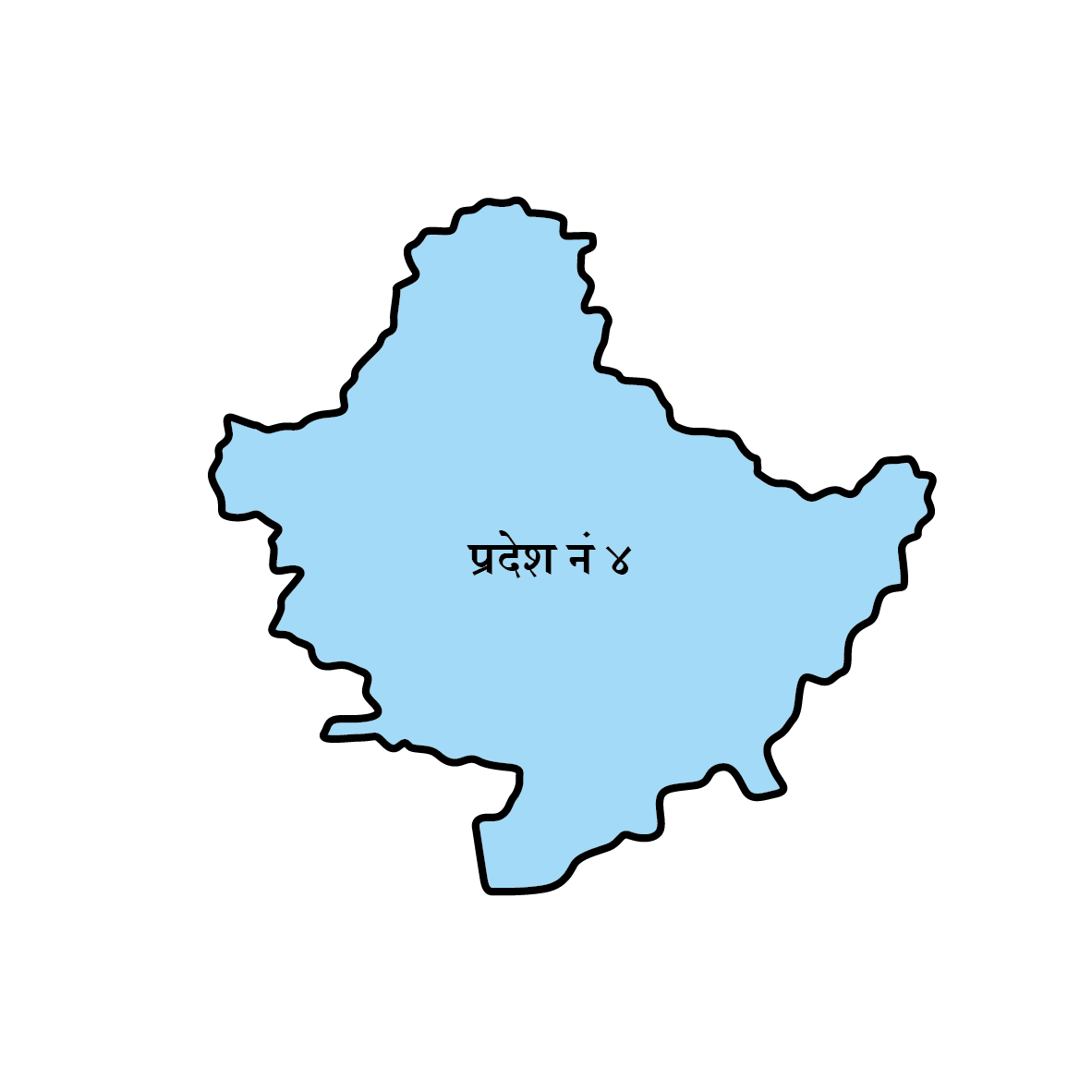 गण्डकी
गण्डकी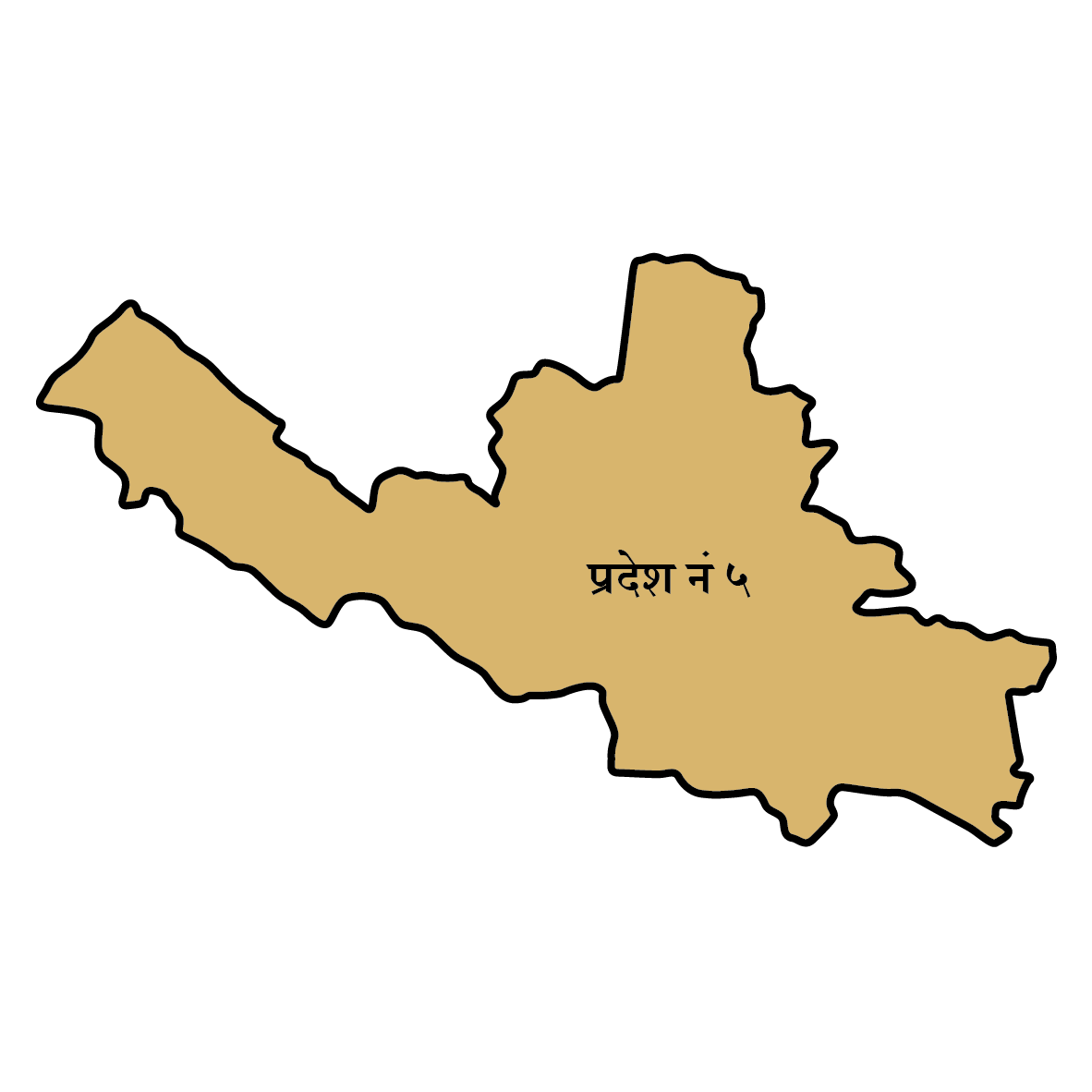 लुम्बिनी
लुम्बिनी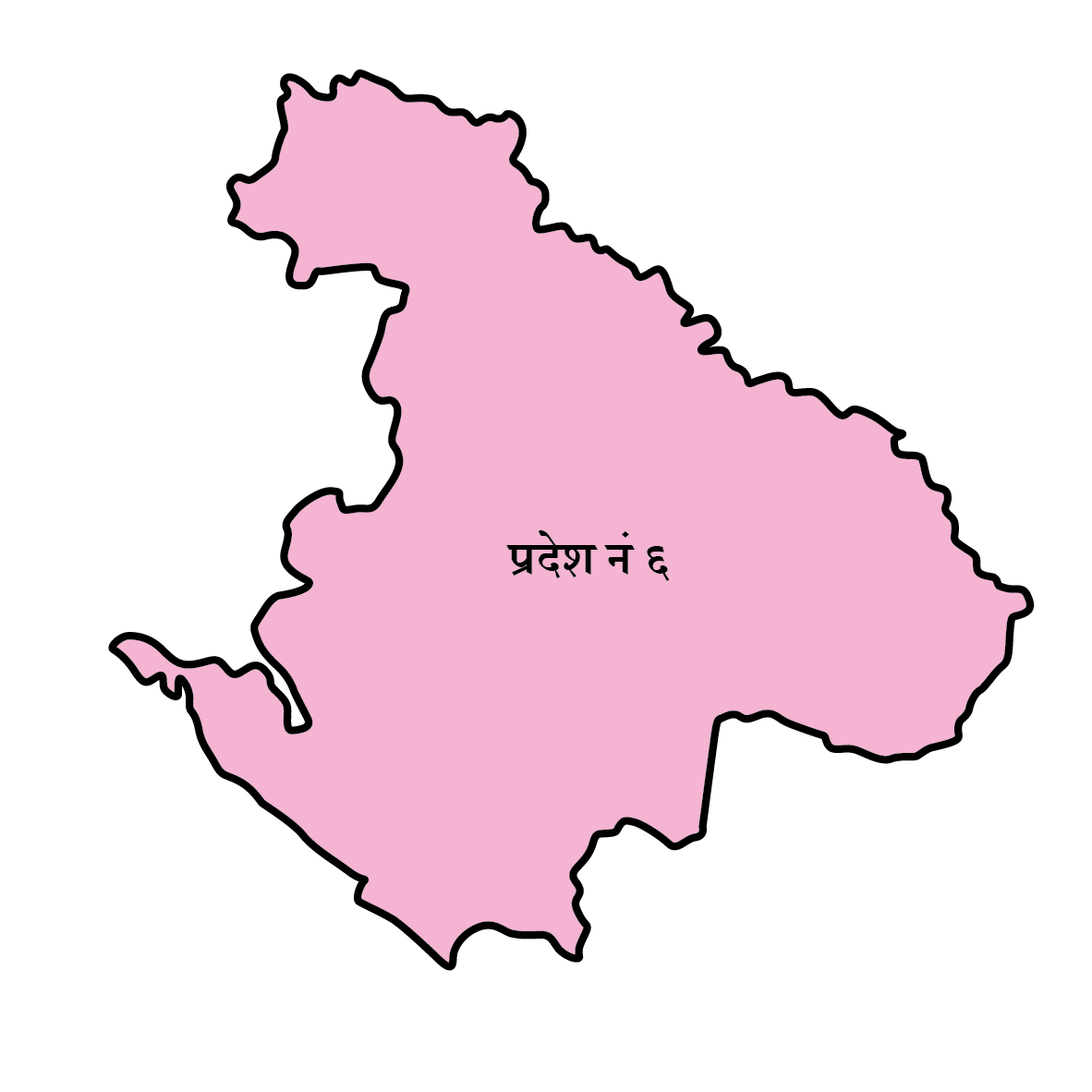 कर्णाली
कर्णाली 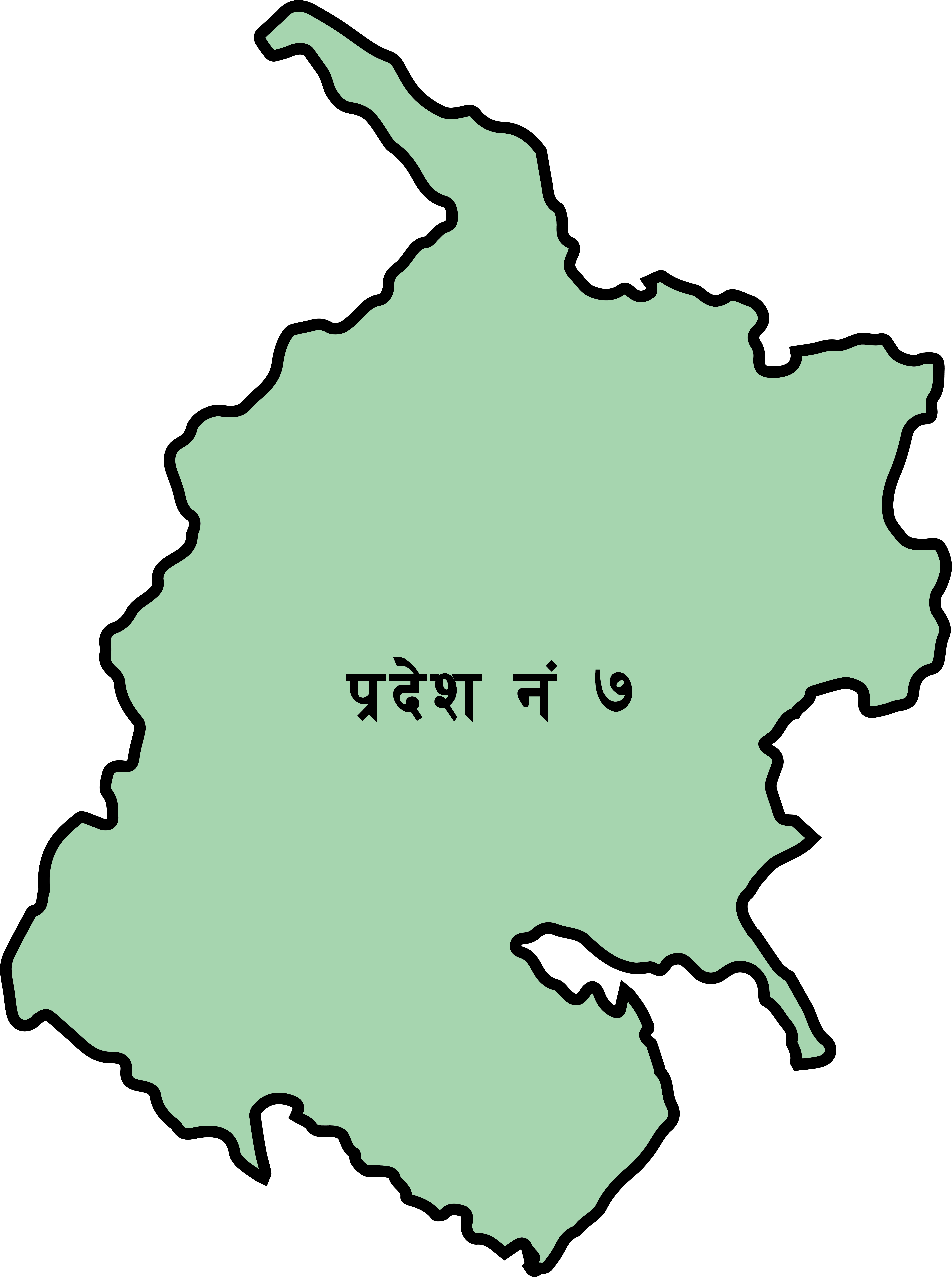 सुदूरपश्चिम
सुदूरपश्चिम
















